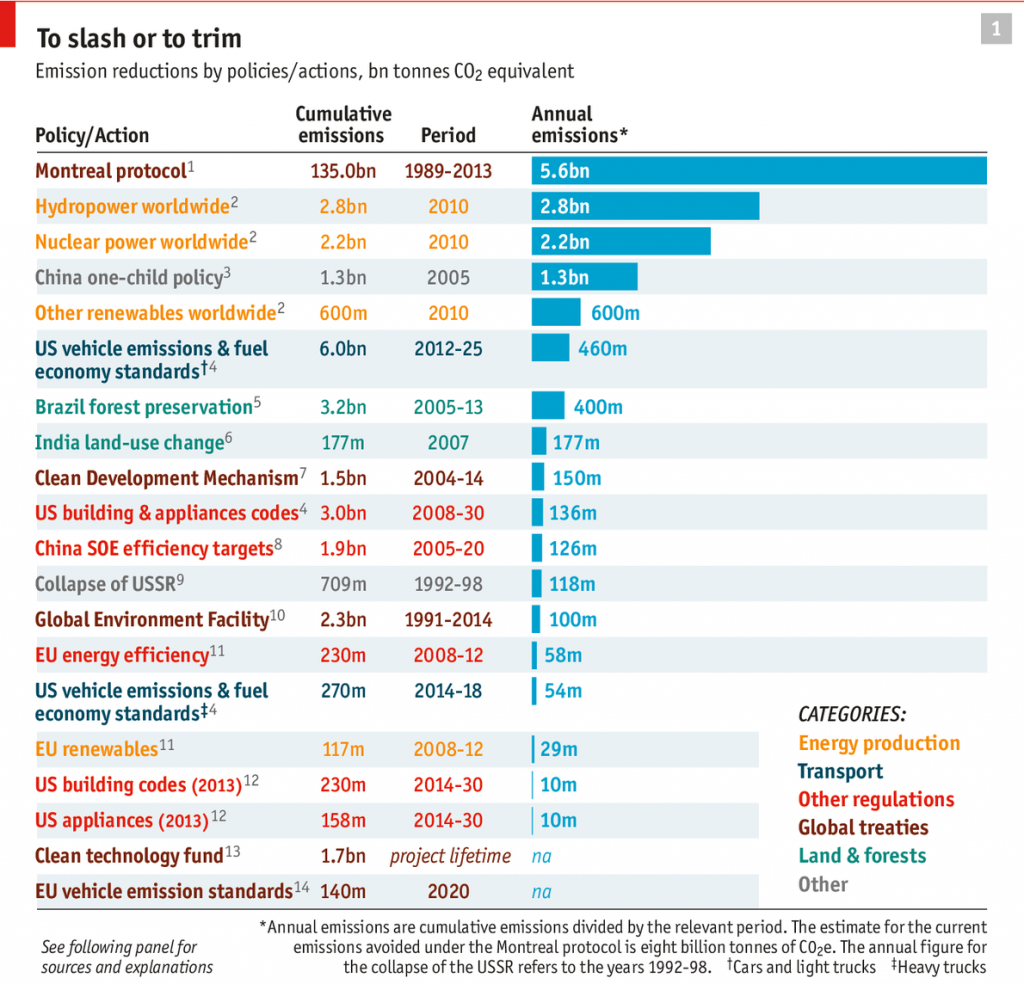Attention to climate change is on the rise… nuclear power is an essential part of the solution
September 2014 was a most interesting month in the fight against climate change. As world leaders prepared to meet at the United Nations Climate Summit on September 23, there was a large global march in New York on September 21 to bring public concern for climate change to their attention. As stated by the UN meeting chair, “The purpose of the 2014 Climate Summit was to raise political momentum for a meaningful universal climate agreement in Paris in 2015 and to galvanize transformative action in all countries to reduce emissions and build resilience to the adverse impacts of climate change.”
The New York march had some 300,000 participants, well above the 100,000 people expected. Has the tide turned and is climate change finally getting the international attention it deserves? Is public concern finally pushing governments to act? The climate summit had a large attendance, including 100 Heads of State and Government and more than 800 business and other leaders.
The summit did appear to make progress. A summary of the outcome can be read here. Of importance,
- World leaders agreed that climate change is a defining issue of our time and that bold action is needed today to reduce emissions and build resilience and that they would lead this effort.
- Leaders committed to limit global temperature rise to less than 2 degrees Celsius from pre-industrial levels.
- Leaders committed to finalize a meaningful, universal new agreement under the United Nations Framework Convention on Climate Change (UNFCCC) at COP-21, in Paris in 2015, and to arrive at the first draft of such an agreement at COP-20 in Lima, in December 2014.
Another important gesture of the new global commitment to reducing carbon was the fact that the Rockefeller Brothers Fund, which has $860 million in assets and was founded in 1940 by the sons of oil tycoon John D. Rockefeller, decided to divest its fossil fuel holdings in response to climate change and announced this just prior to the UN meeting. While this fund is not huge in size, the statement is important given the Rockefellers made their fortune in oil. This announcement makes their fund join the approximately 800 other global investors representing $50 billion in assets who have decided to move away from fossil fuels to support a solution to climate change.
So what about the role of nuclear power in this fight to reduce carbon emissions? The Economist published a very interesting figure demonstrating that, when it comes to energy production, the worldwide use of nuclear power is second only to hydro (and not by much) in having reduced global emissions to date. And while renewables are a growing source of emissions-free energy, all other efforts to reduce emissions have been one or two orders of magnitude less effective in reducing global carbon so far.
Nuclear power’s critical role in the fight against climate change has been confirmed by US Energy Secretary Montiz who has said “that nuclear energy, as an important low carbon energy source, must play a major part in meeting the most pressing challenge of climate change.”
Yet there continues to be a disconnect. Looking deeper into the outcome of the UN Climate Summit, their statement on energy says “A shift toward renewable sources of energy such as solar, wind and geothermal — along with greater energy efficiency in appliances, buildings, lighting and vehicles — is essential to use the world’s resources sustainably, diversify economies and successfully address the challenge of climate changes. Sustainable Energy for All, an initiative led by the United Nations and World Bank, has set 2030 as a goal for doubling the global rate of energy efficiency improvement, doubling renewable energy’s share in the global energy mix, and ensuring universal access to modern energy services.”
The same goes for the Rockefeller Brothers Fund. Stephen Heintz, president of the fund, said in their statement, “We are quite convinced that if he were alive today (John D. Rockefeller), as an astute businessman looking out to the future, he would be moving out of fossil fuels and investing in clean, renewable energy.”
As I see it, there has to be a more explicit understanding by the UN and others that nuclear power has and continues to be a leading source of low- carbon energy. The implication of their words seems to be the future belongs to renewables (solar, wind and geothermal). Nuclear is not explicitly mentioned yet, as illustrated by the Economist, it is a very clean technology playing an essential role in reducing carbon emissions. In fact, the word nuclear seems to be purposely avoided. Why is this? As an industry, we have allowed these beliefs to be perpetrated. Somehow we have tolerated nuclear power being seen as yesterday’s technology while solar and wind are tomorrow’s. Or is the issue that we have allowed the fear of nuclear to persist and continue to outweigh the potential benefits to many?
This is a major concern and a disservice to the fight against climate change. As one of the outcomes of the UN Climate Summit is a commitment to increase the amount of funds available to support clean energy technologies, it is essential that nuclear power be specifically included. Yet in their statement on financing, we see “the goal of reaching a “Clean Trillion” in annual energy investments has been a widely cited target, with a minimum of 5% of a portfolio invested in renewables and clean technology as a benchmark for investors.” It’s time for nuclear to be included as the clean energy technology leader that it is.
The time to act is now. There is work to do to ensure that, as climate change concerns continue to build, government policies around the world recognize an essential part of the solution is a significant new nuclear build program using both technology already available today as well as continuing to invest in the more fuel efficient nuclear technologies of future. And that means funds being allocated to a cleaner tomorrow be directed to new nuclear as well as all the other initiatives to reduce the global carbon footprint.

